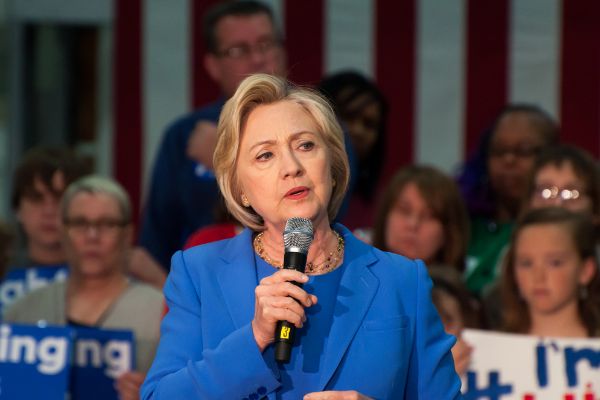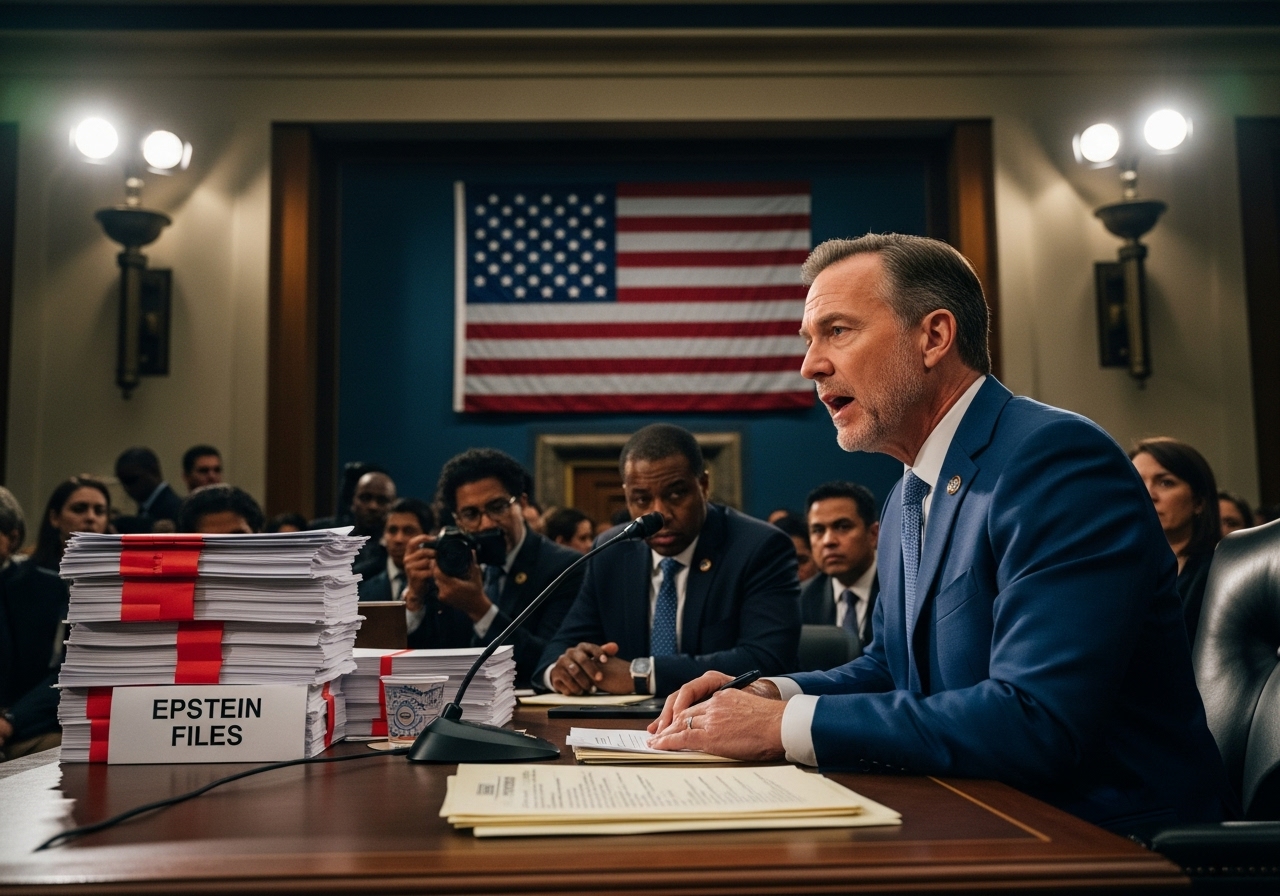In a strategic move, President Joe Biden recently brought on Hillary Clinton, a prominent figure in the Democratic Party, to assist in his reelection campaign efforts. This collaboration indicates Biden’s effort to strengthen his campaign infrastructure, fundraise effectively, and galvanize voters in the face of his low approval ratings.
Clinton, known for her strong political presence, has been vocal in her criticisms of past election outcomes. Her history of questioning election legitimacy includes comments on the 2016 presidential race and the Bush v. Gore decision in 2000. In 2020, she expressed doubts about the 2016 election’s legitimacy and suggested Stacey Abrams was unfairly defeated in Georgia’s gubernatorial race.
Clinton’s involvement in Biden’s campaign is seen as a move to rally Democratic voters by emphasizing the critical nature of the upcoming election and the potential risks to democratic values. Her role is expected to become more prominent as the campaign progresses, with additional support anticipated from former President Barack Obama later in the campaign season.
Biden’s decision to enlist Clinton comes at a time when his popularity has waned, as reflected in polling data from FiveThirtyEight, which shows him with a notably negative approval rating. This lackluster public sentiment has led some Democrats to express reservations about Biden seeking reelection.
Biden’s own comments on his candidacy indicate a connection to Donald Trump’s decision to run. When questioned about whether he would still run if Trump were not a candidate, Biden suggested his decision to run is influenced by the need to prevent a Trump victory, underlining the high stakes of the upcoming election for the Democratic Party.
Clinton’s involvement in the Biden campaign is a strategic effort to leverage her political experience and influence to bolster Biden’s reelection bid, as the Democratic Party navigates a challenging political landscape leading up to the next presidential election.






